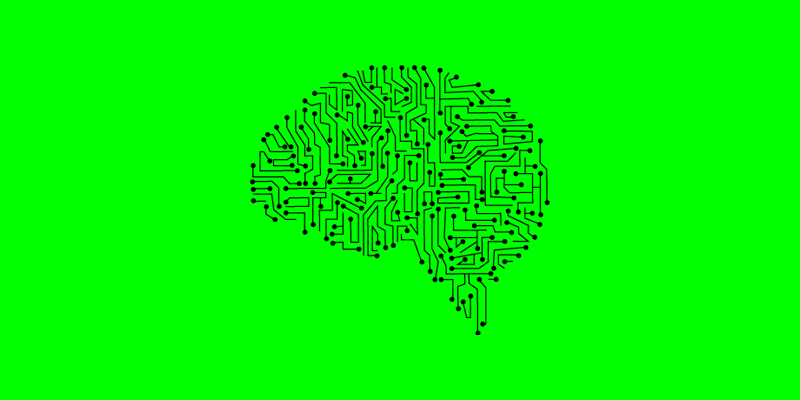The Frontiers of Mind and Machine
The intersection of artificial intelligence (AI) and neuroethics represents a fascinating and ethically intricate realm where technology and neuroscience converge. In this article, we discuss AI and neuroethics, exploring the profound ethical questions raised by the advancement of AI in understanding and interfacing with the human brain.
AI and Brain-Computer Interfaces (BCIs)
One of the most compelling areas of AI and neuroethics is the development of Brain-Computer Interfaces (BCIs). BCIs are devices that facilitate direct communication between the brain and external technology. While BCIs hold incredible promise for individuals with disabilities and augmenting human capabilities, they also raise profound ethical dilemmas.
Privacy and Cognitive Liberty
BCIs can potentially access an individual’s most private thoughts and feelings. This raises concerns about privacy and cognitive liberty. How can we ensure that thoughts remain private, and individuals have control over what information is shared via BCIs? Ethical considerations include consent, data ownership, and the right to mental privacy.
Enhancement and Inequality
BCIs open the door to cognitive enhancement, allowing individuals to improve memory, learning, or even intelligence. While this offers exciting possibilities, it also raises concerns about inequality. Will only the privileged have access to cognitive enhancement technologies, creating a cognitive divide in society?
Neurodata and Privacy
AI’s ability to analyze neurodata, such as brain scans, for medical diagnosis or cognitive profiling, poses ethical challenges. Who owns this highly personal neurodata? How can we prevent it from being misused, such as for discriminatory purposes?
AI in Neuroscience Research
AI plays a pivotal role in advancing neuroscience research. Machine learning algorithms can analyze vast datasets of brain activity, potentially leading to breakthroughs in understanding brain disorders. However, ethical issues arise concerning consent, data handling, and the potential for unintended consequences.
AI and Neuroethics Principles
Navigating the ethical minefield of AI and neuroscience requires the development of clear principles:
- Informed Consent: Ensuring that individuals understand the risks and benefits of BCI technologies and freely consent to their use
- Data Privacy: Establishing robust data privacy protections to safeguard individuals’ neurodata
- Equity: Ensuring that access to cognitive enhancement technologies is equitable and not discriminatory
- Transparency: Promoting transparency in AI algorithms used in neuroscience research and medical diagnosis
The Mind and Privacy
AI and neuroethics represent an evolving and profound frontier that raises questions about the future of the mind, privacy, and human-machine interactions. As AI continues to advance, the need for robust ethical frameworks becomes increasingly apparent.
Balancing the potential benefits of BCIs and AI in neuroscience with ethical considerations is a challenge that requires interdisciplinary collaboration among neuroscientists, ethicists, policymakers, and technologists. By addressing these complex ethical issues head-on, we can ensure that AI and neuroscience advance in a way that benefits humanity while upholding individual rights and values.
